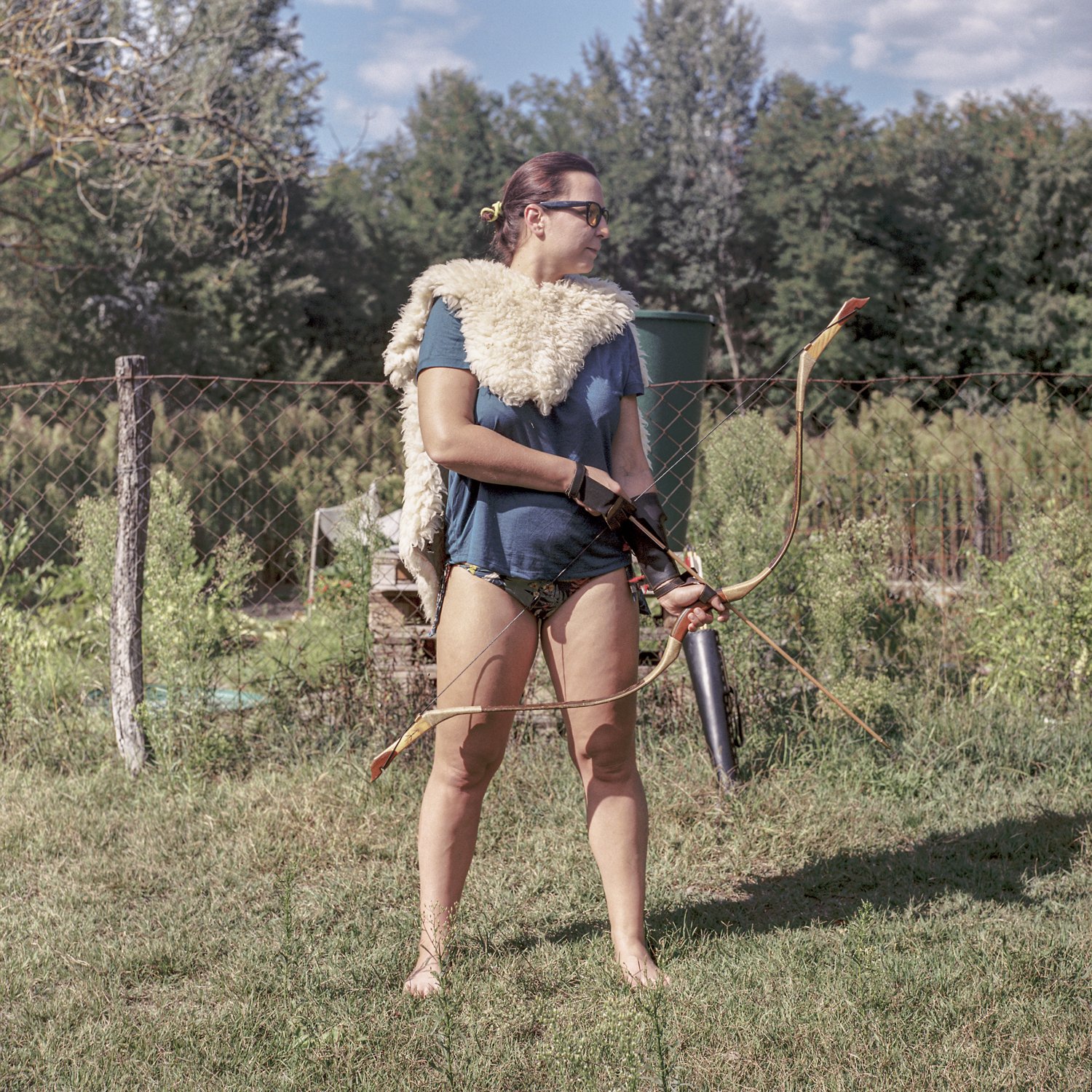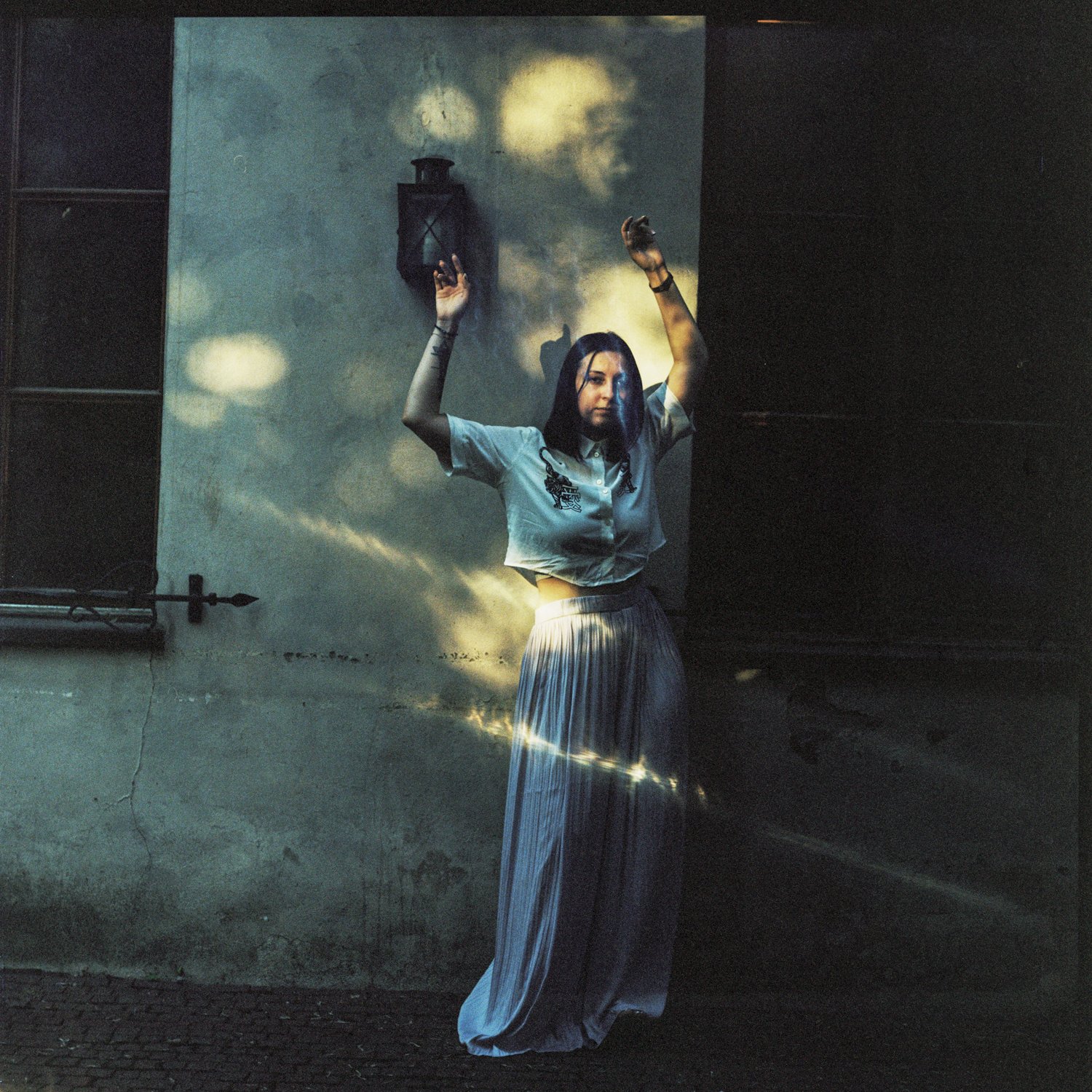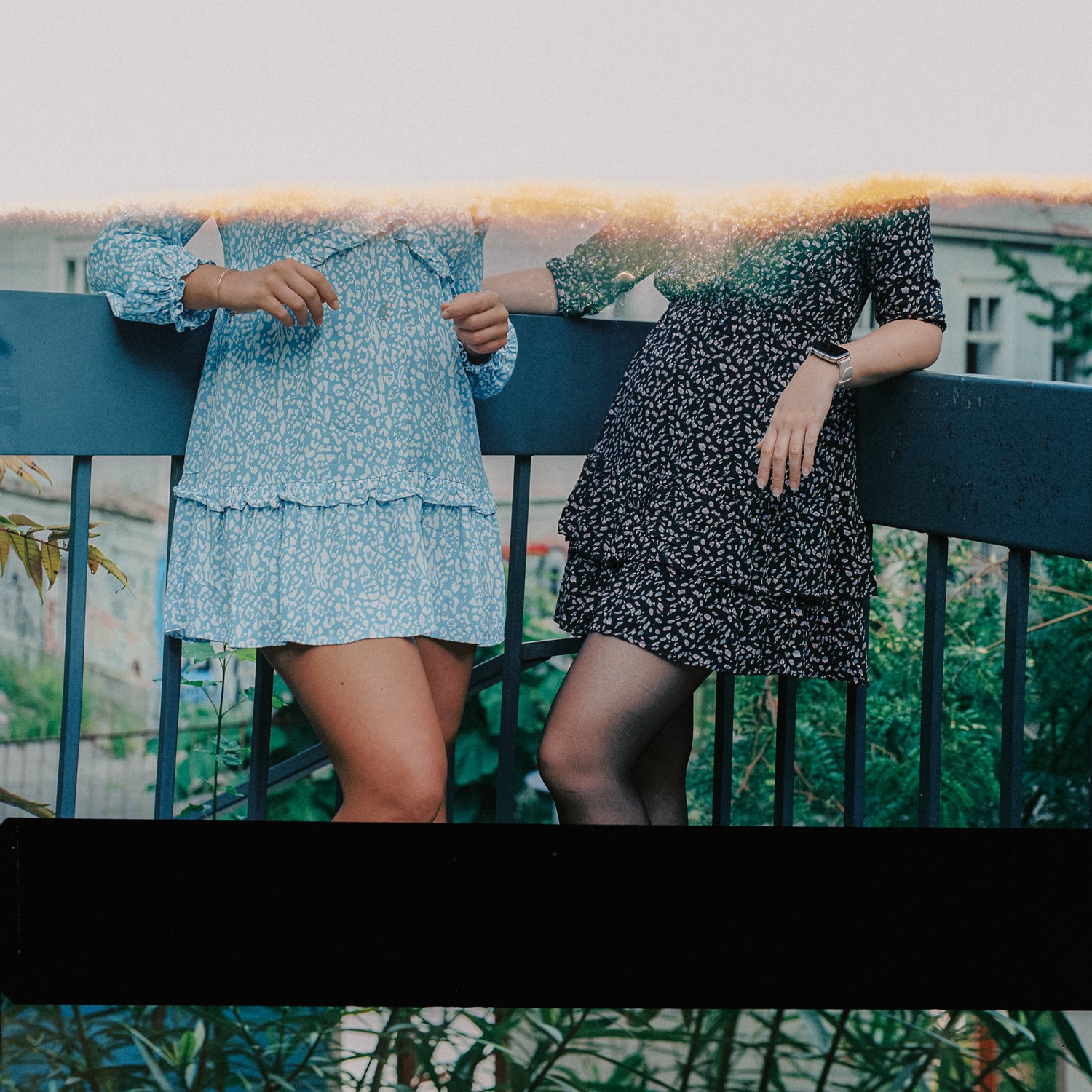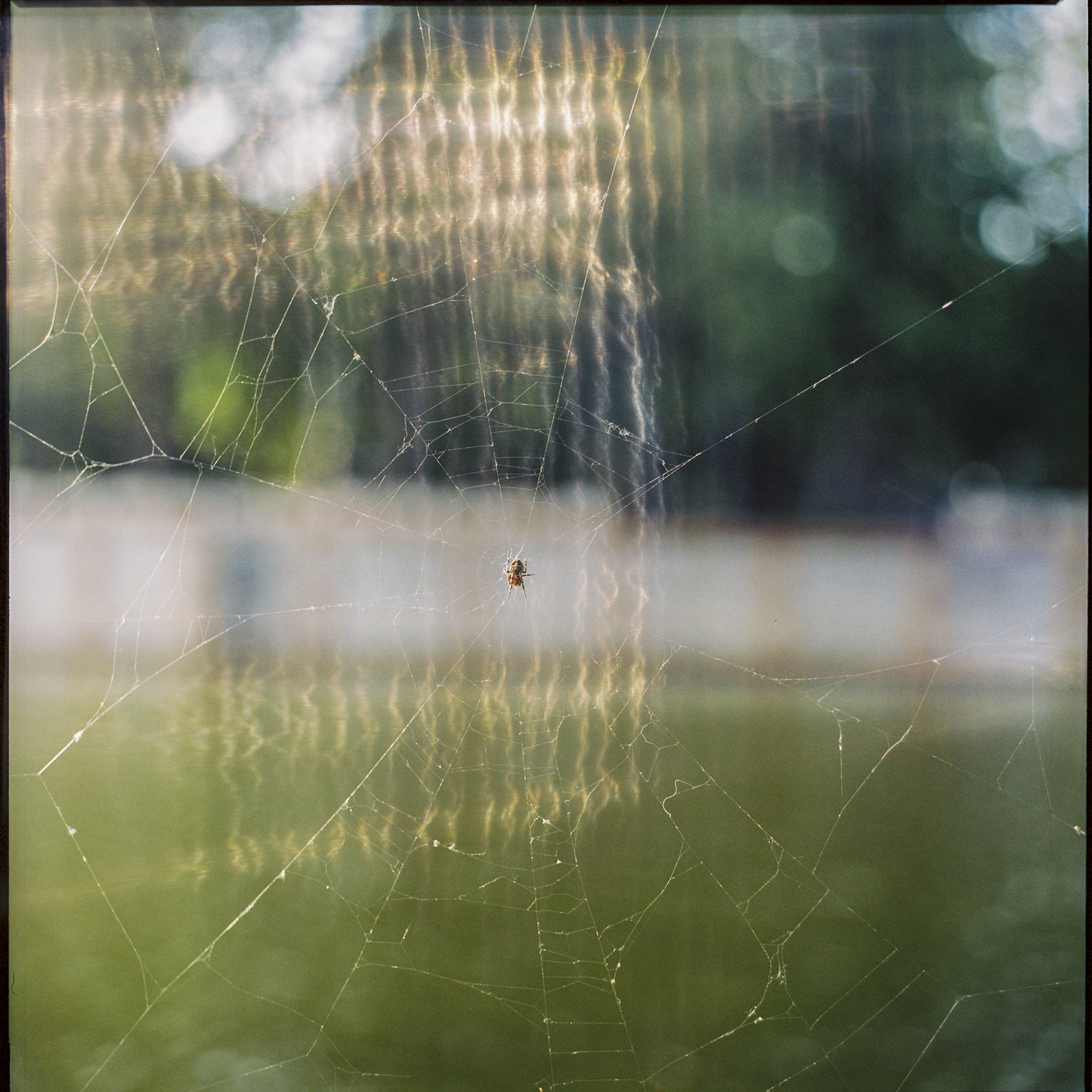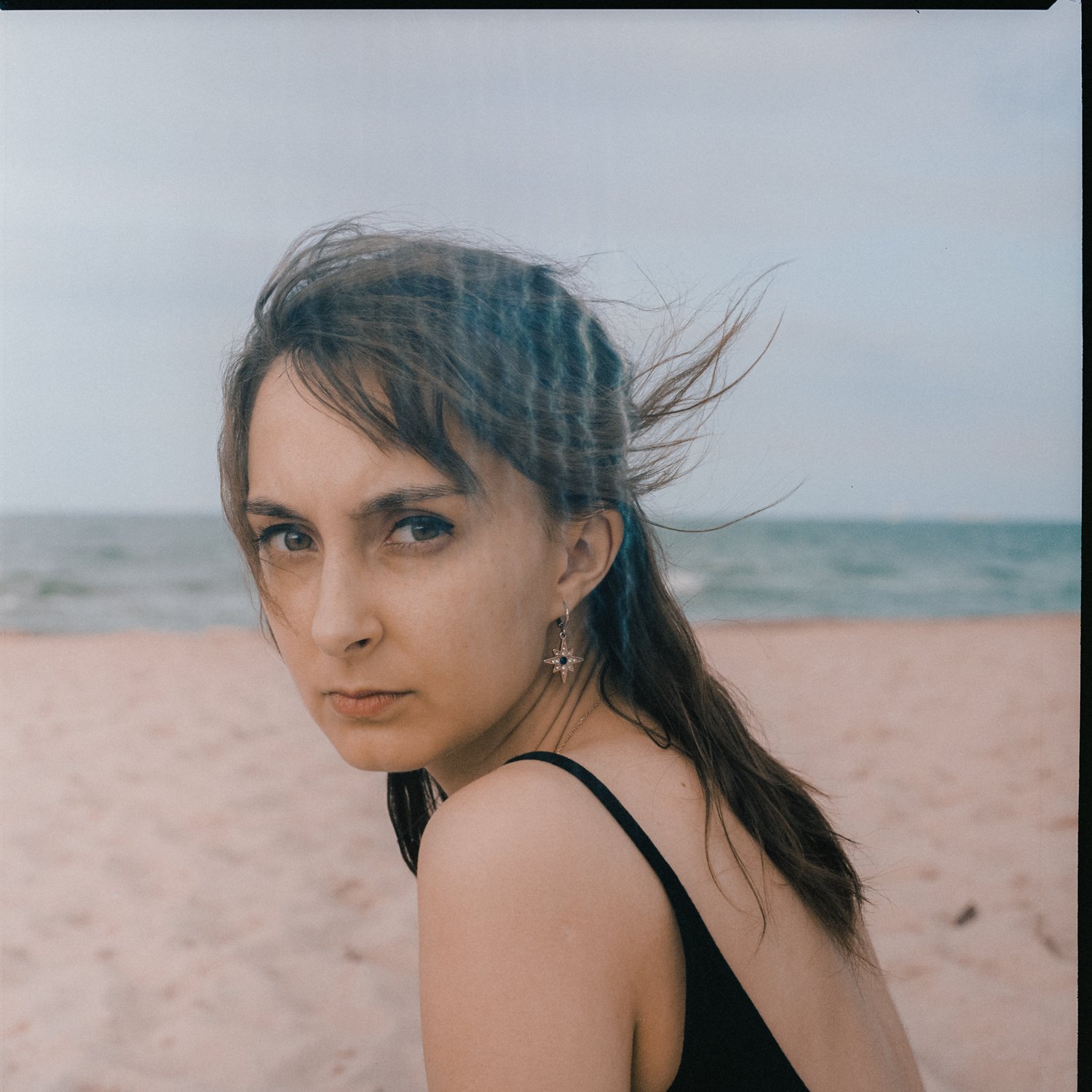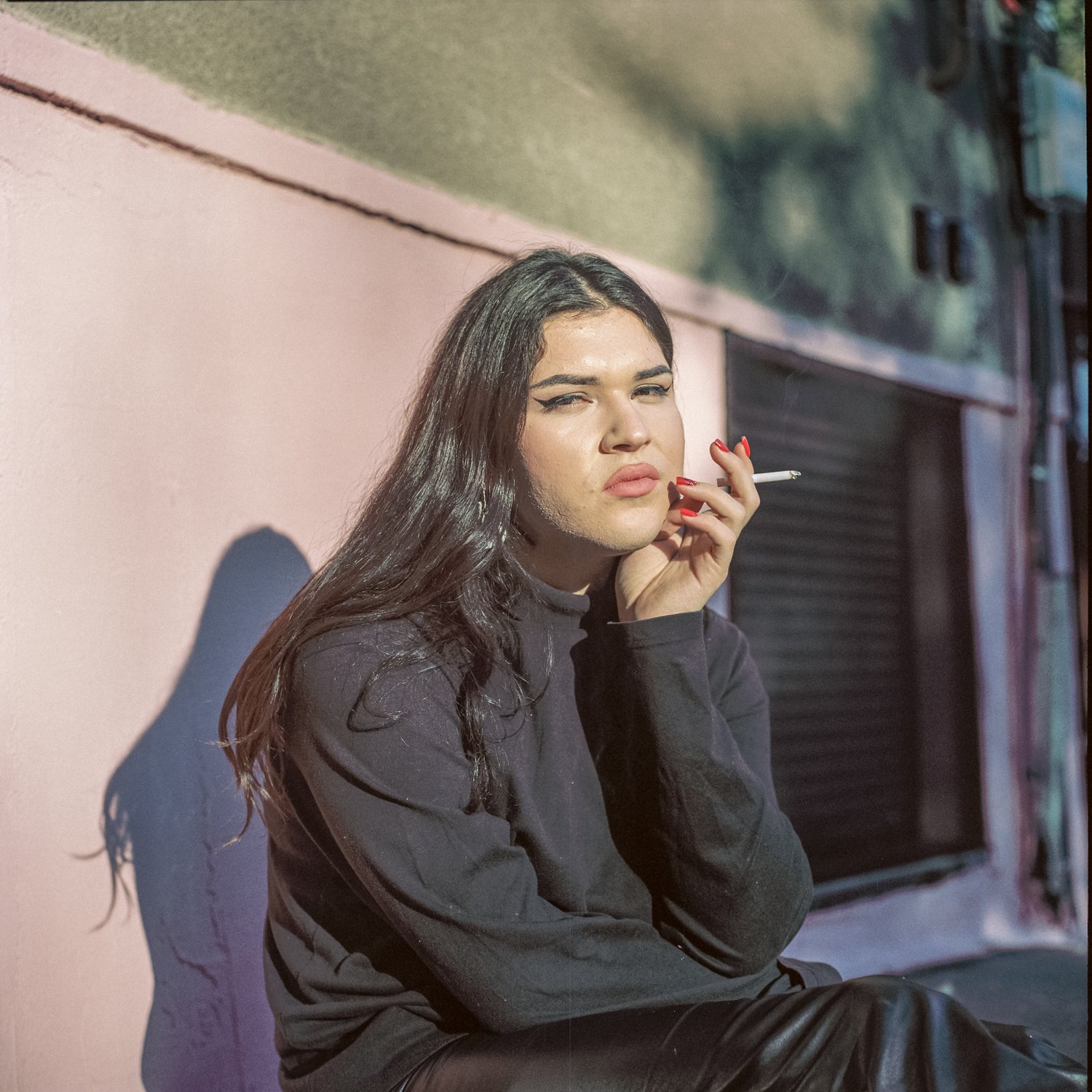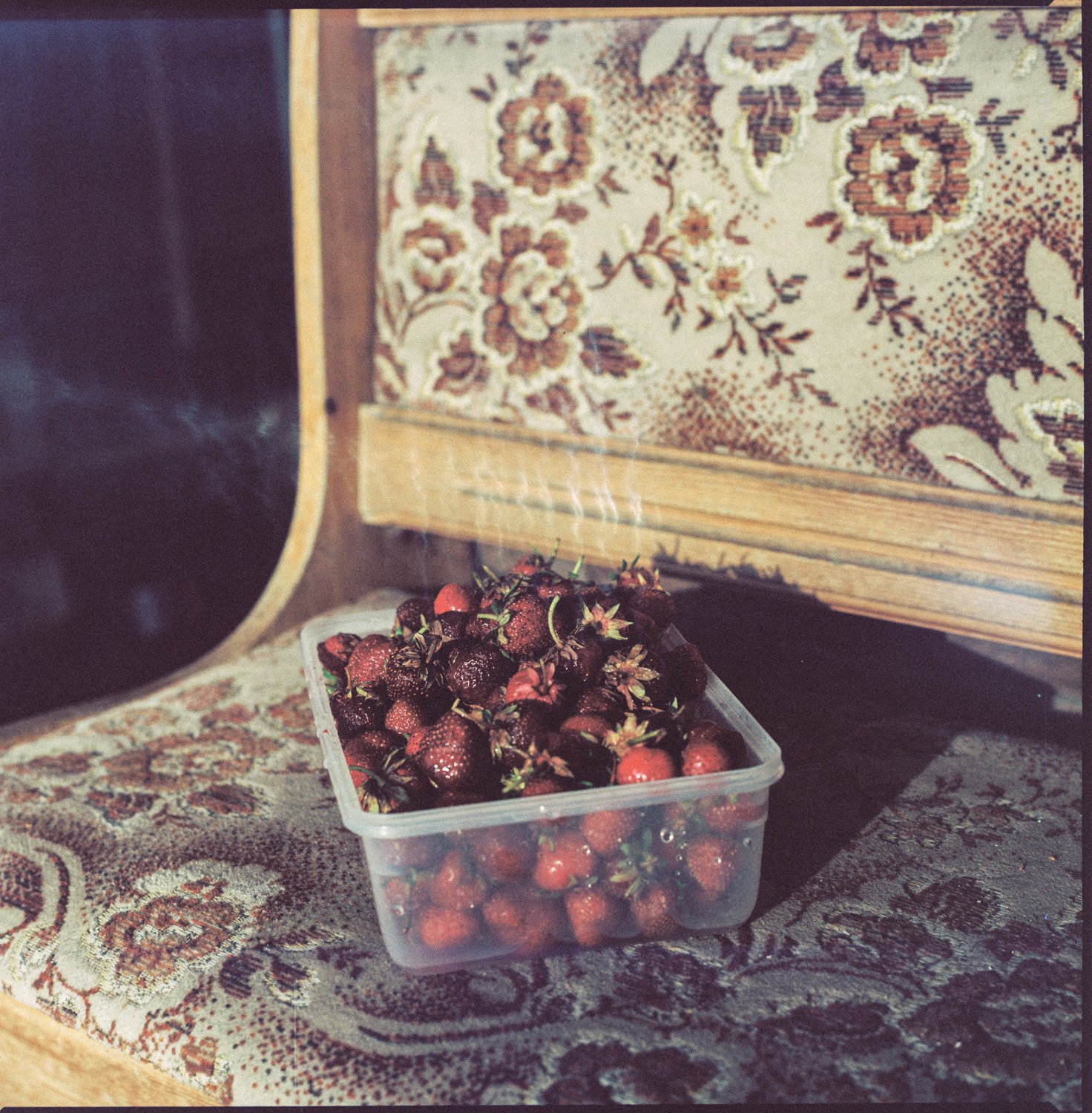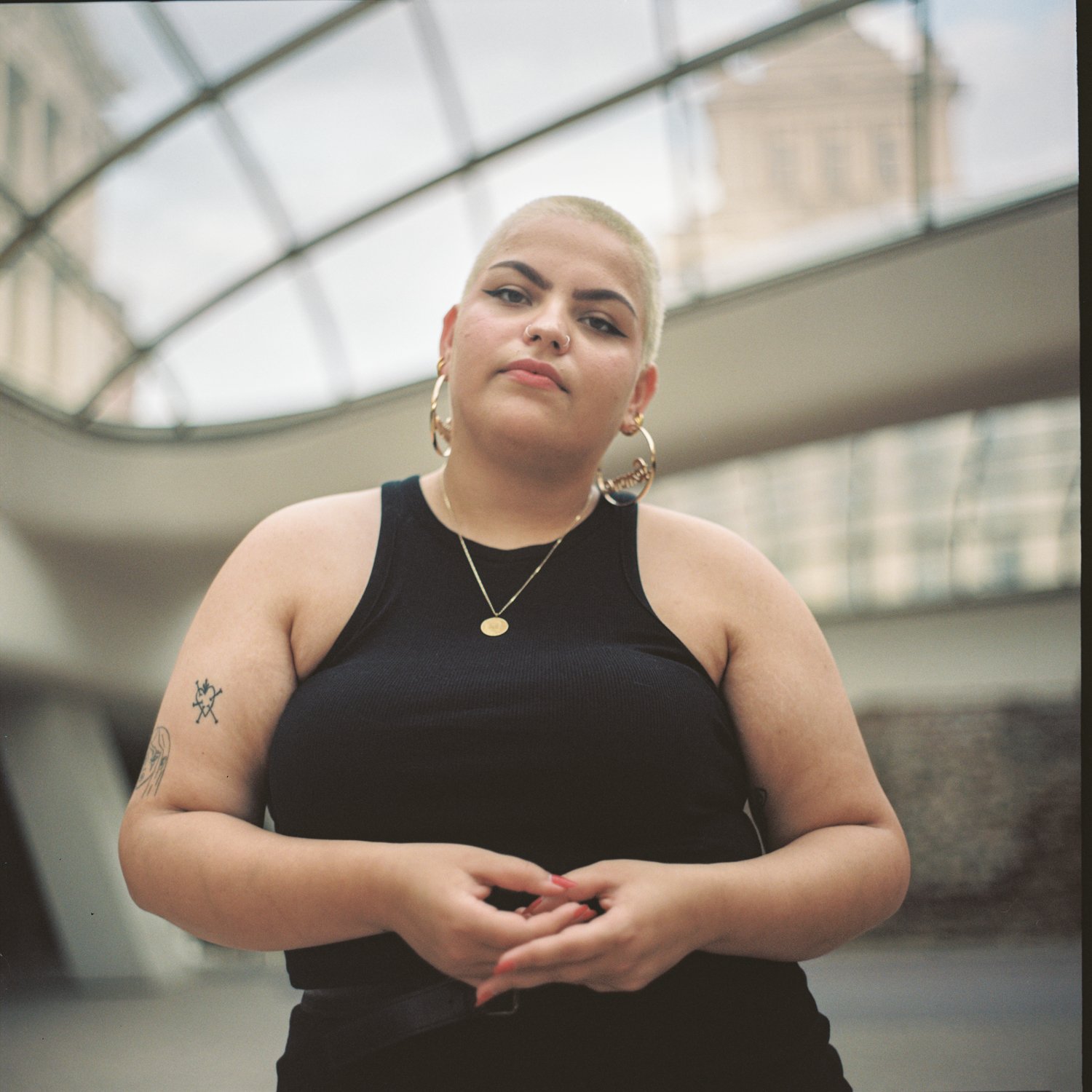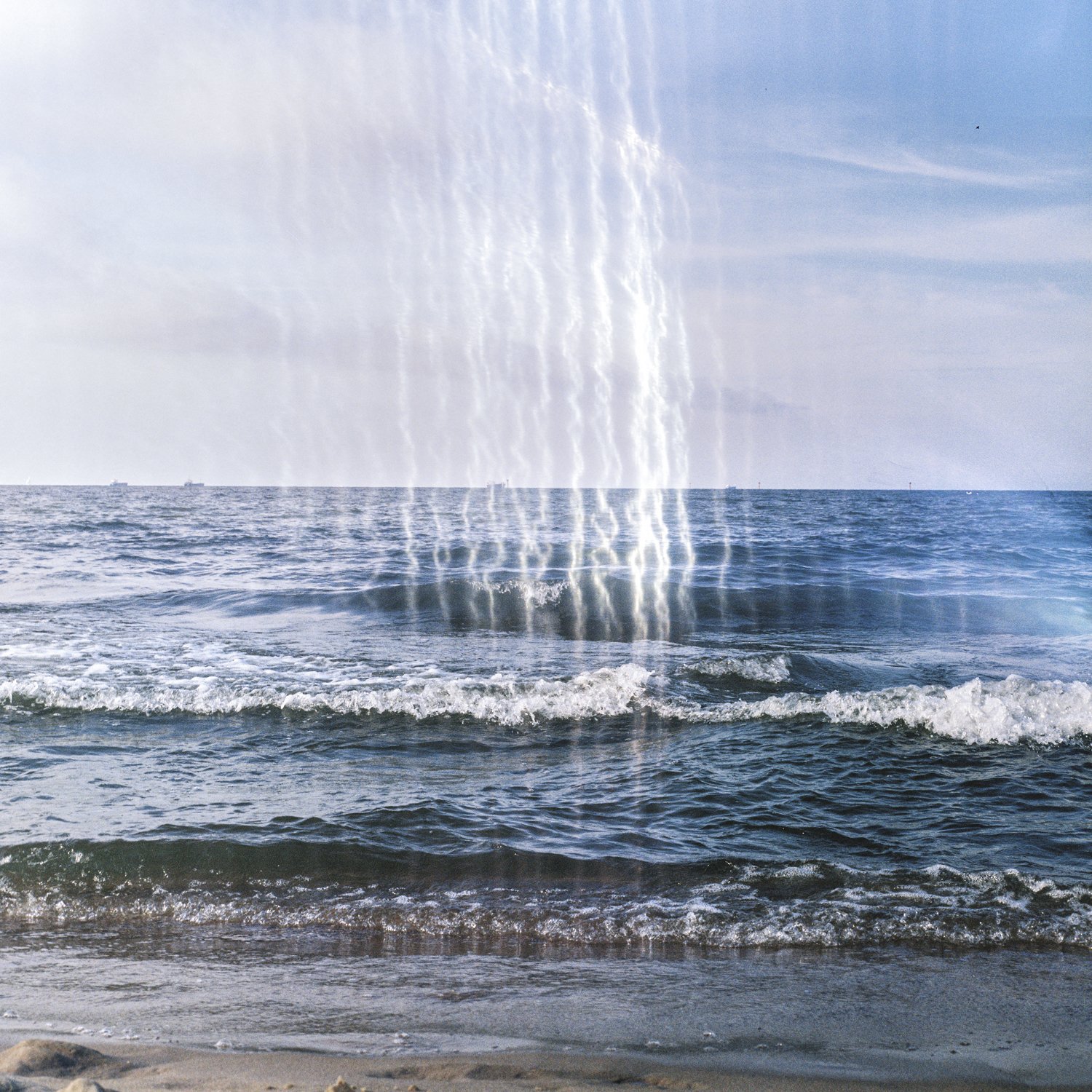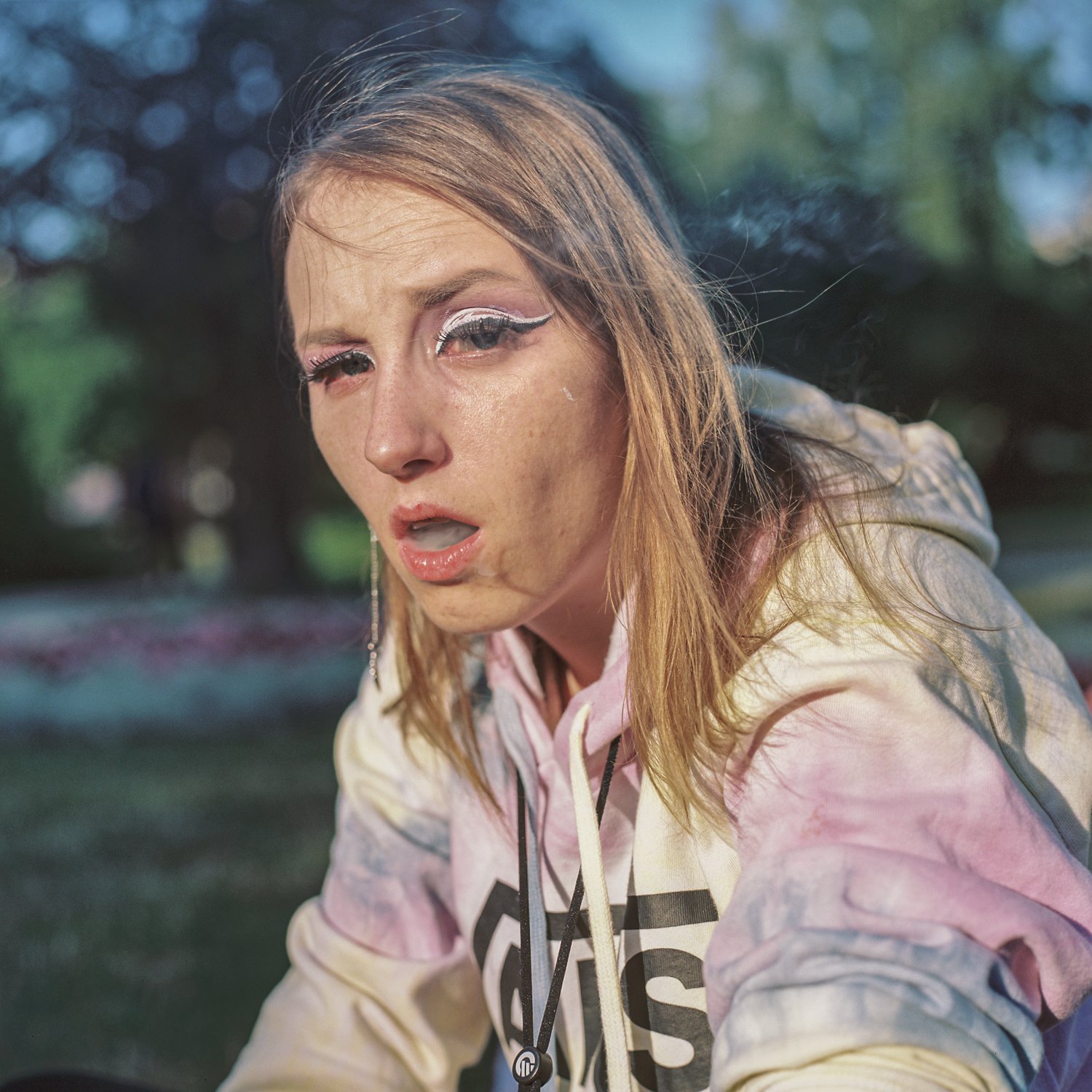Nothing But a Curtain
This documentary project explores womanhood, femininity and gender identy in Central and Eastern Europe. In 2021, I travelled 4,552 miles (7,325.80 km) across 20 cities in Poland, Estonia, Latvia, Lithuania, Germany, Czech Republic, Slovakia, Hungary, Romania, and Bulgaria, documenting how younger generations experience the legacy of communism.. Focusing on women, non-binary, genderfluid, and transgender people born during this era, Nothing But a Curtain explores the personal, social, and political impacts of this geo-political transformation.
The collapse of the Soviet Union brought a shift from collective identity to individualism across Central and Eastern Europe. For many, this transition deepened gender segregation in the labor market, contributing to the "feminization of poverty" and reinforcing economic divides. Today, growing up in this region means navigating male-dominated political systems, societal stereotypes, and restrictive beauty standards.
The project combines photography, video, archival material, and installations to present diverse voices and experiences. Using a Soviet-made Kiev 80 camera, the images reflect the lasting imprint of Soviet history on gender identity, symbolized by the camera’s "curtain" of light.
The project was funded by Getty Images, University of the Arts London, and Kuala Lumpur International Photo Awards.
Read about it in the Guardian and British Journal of Photography
